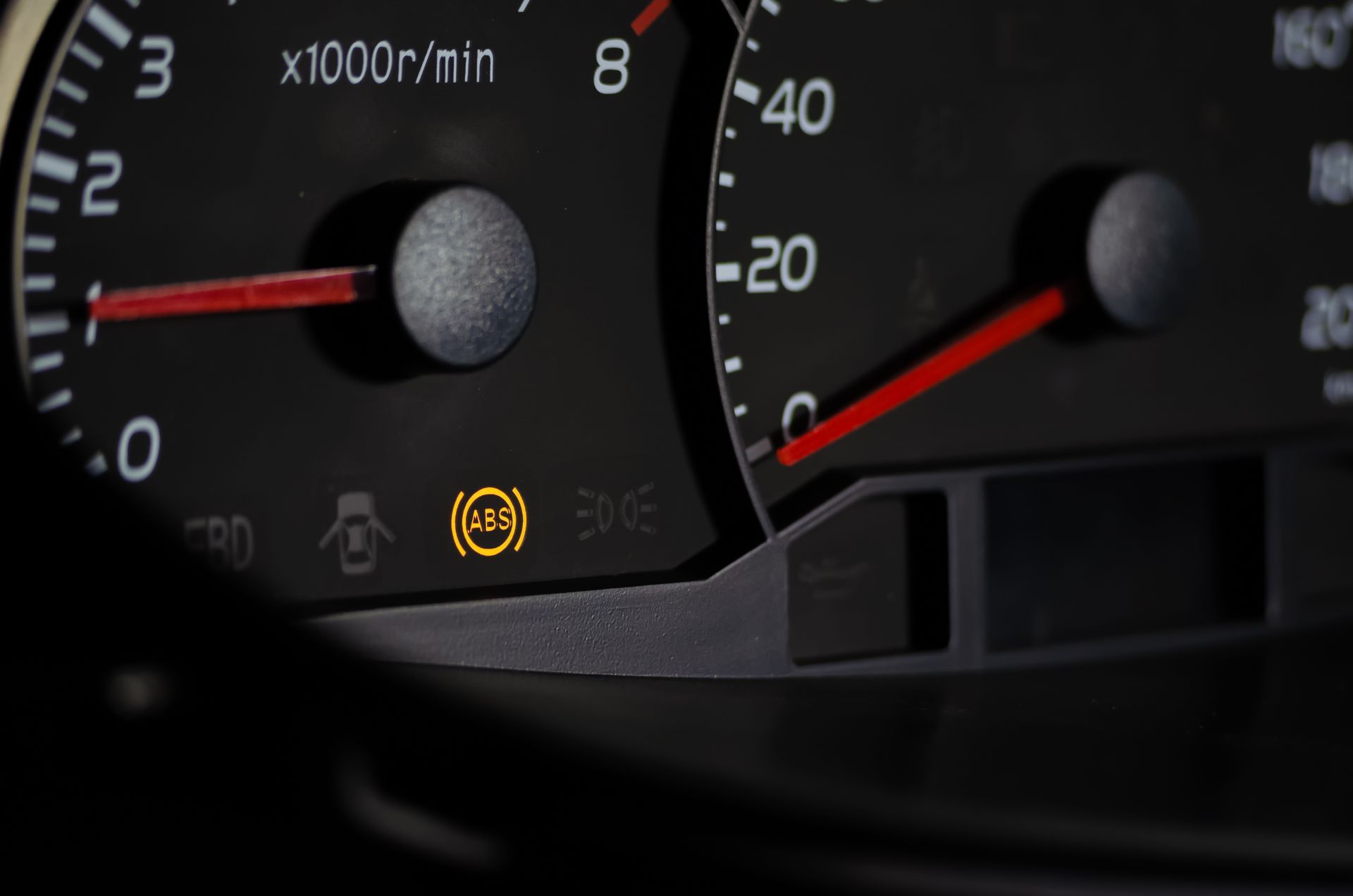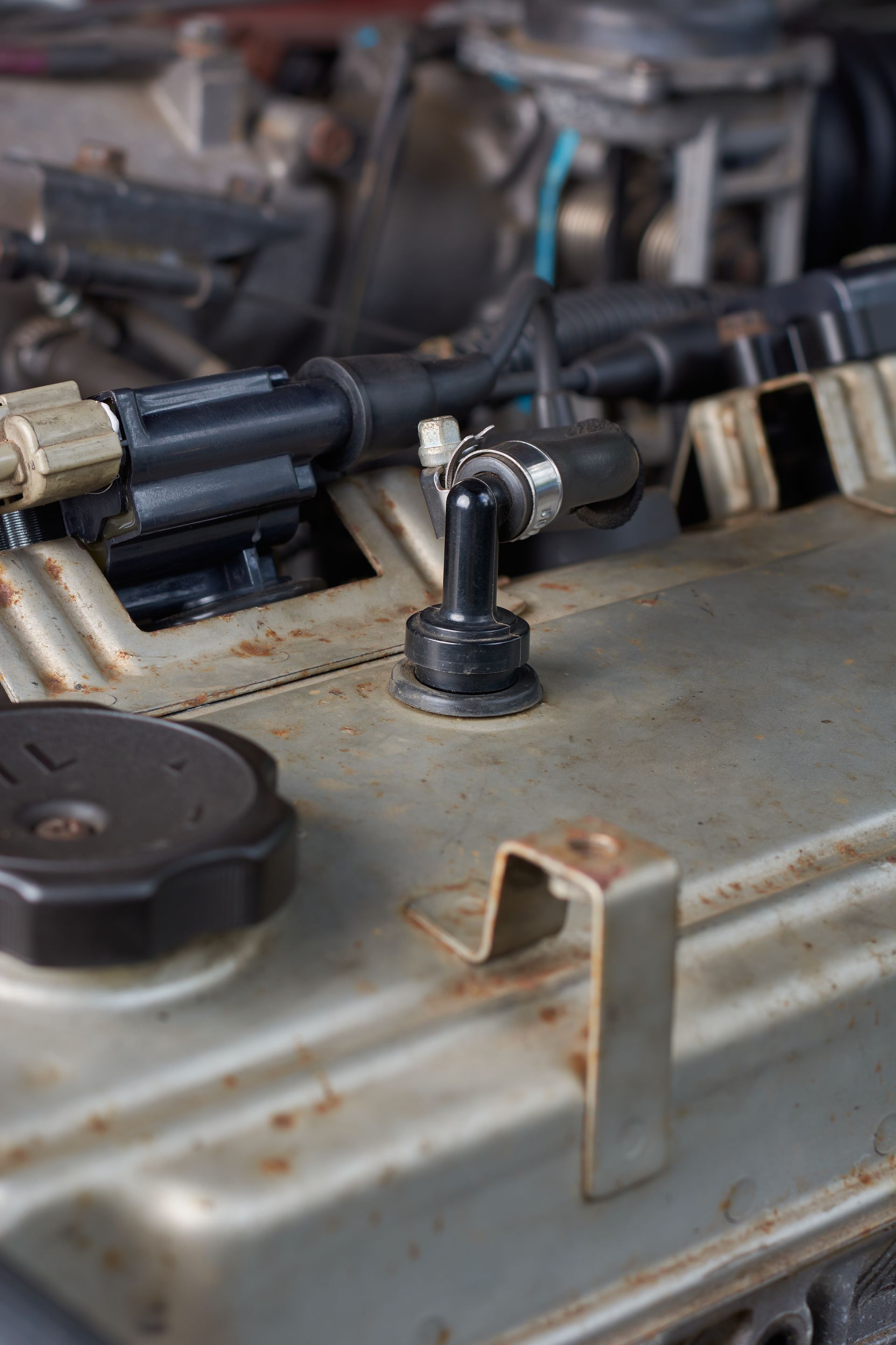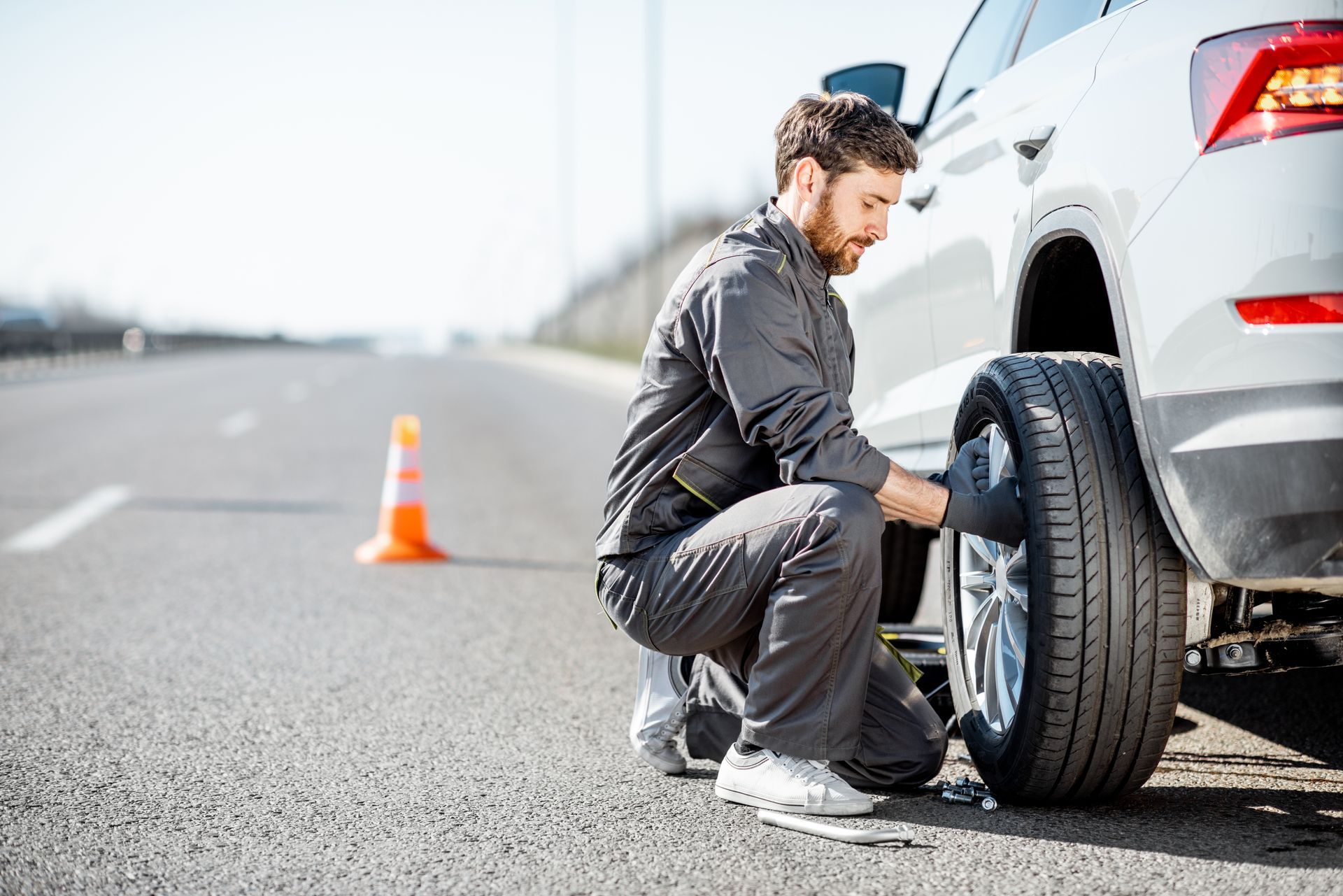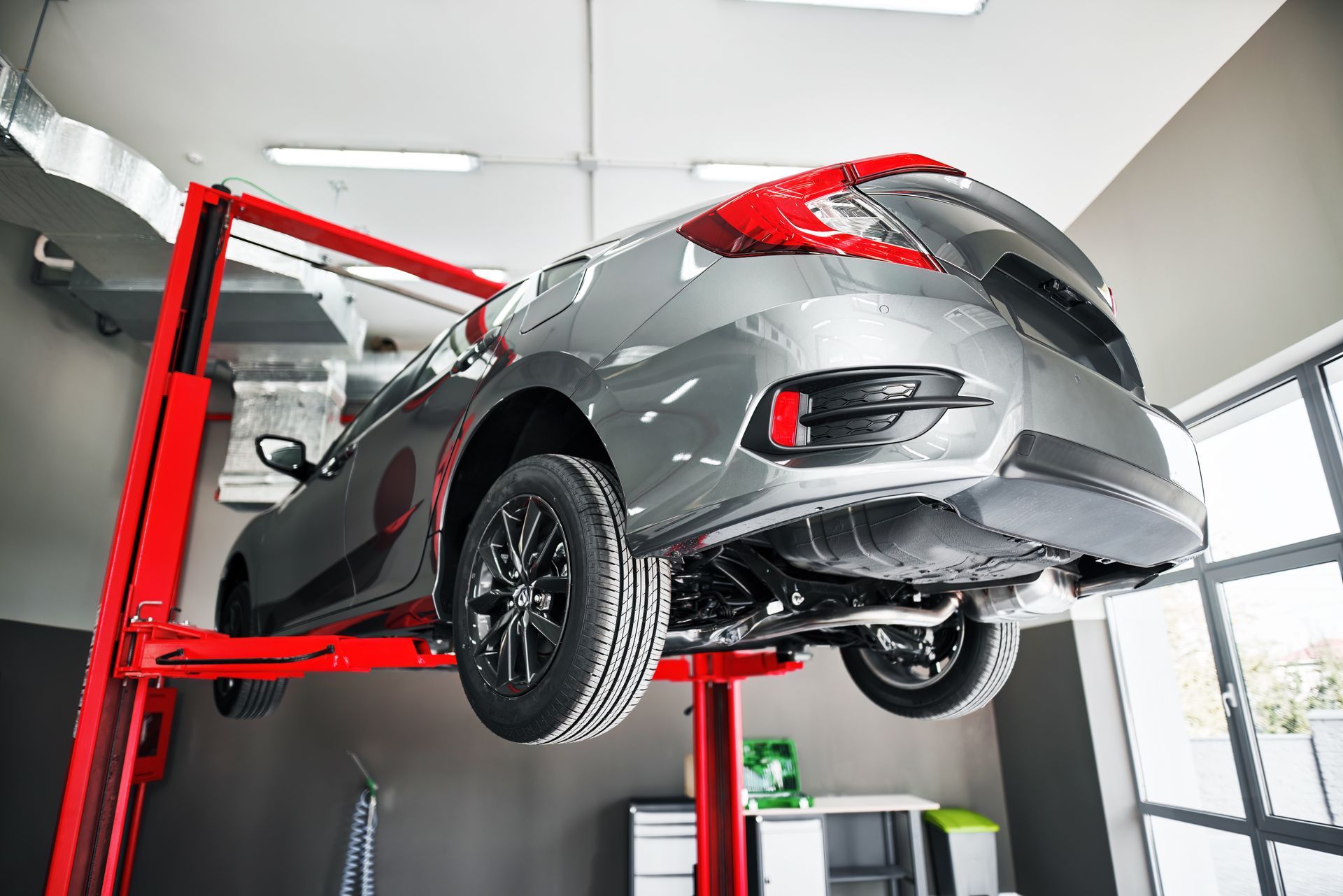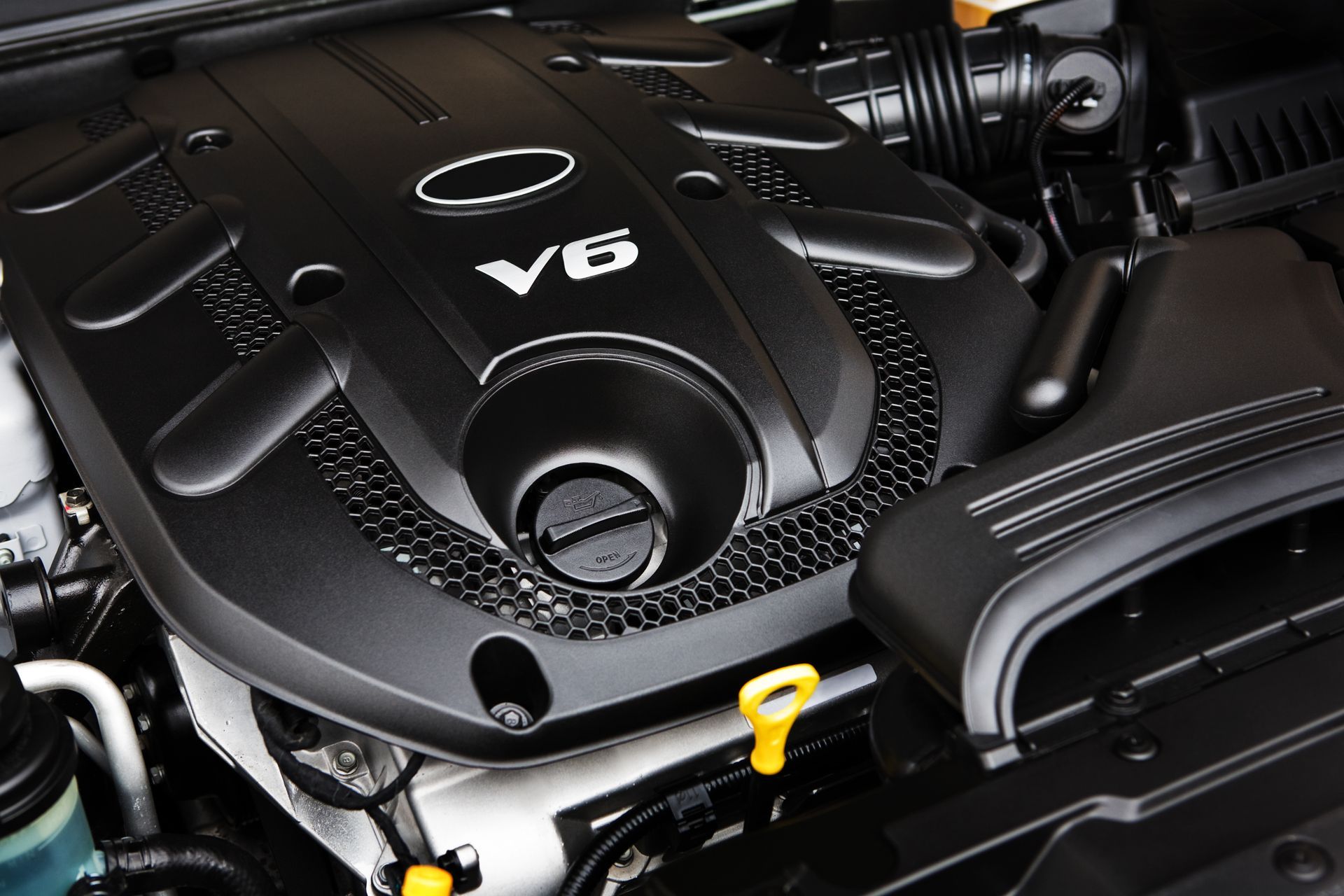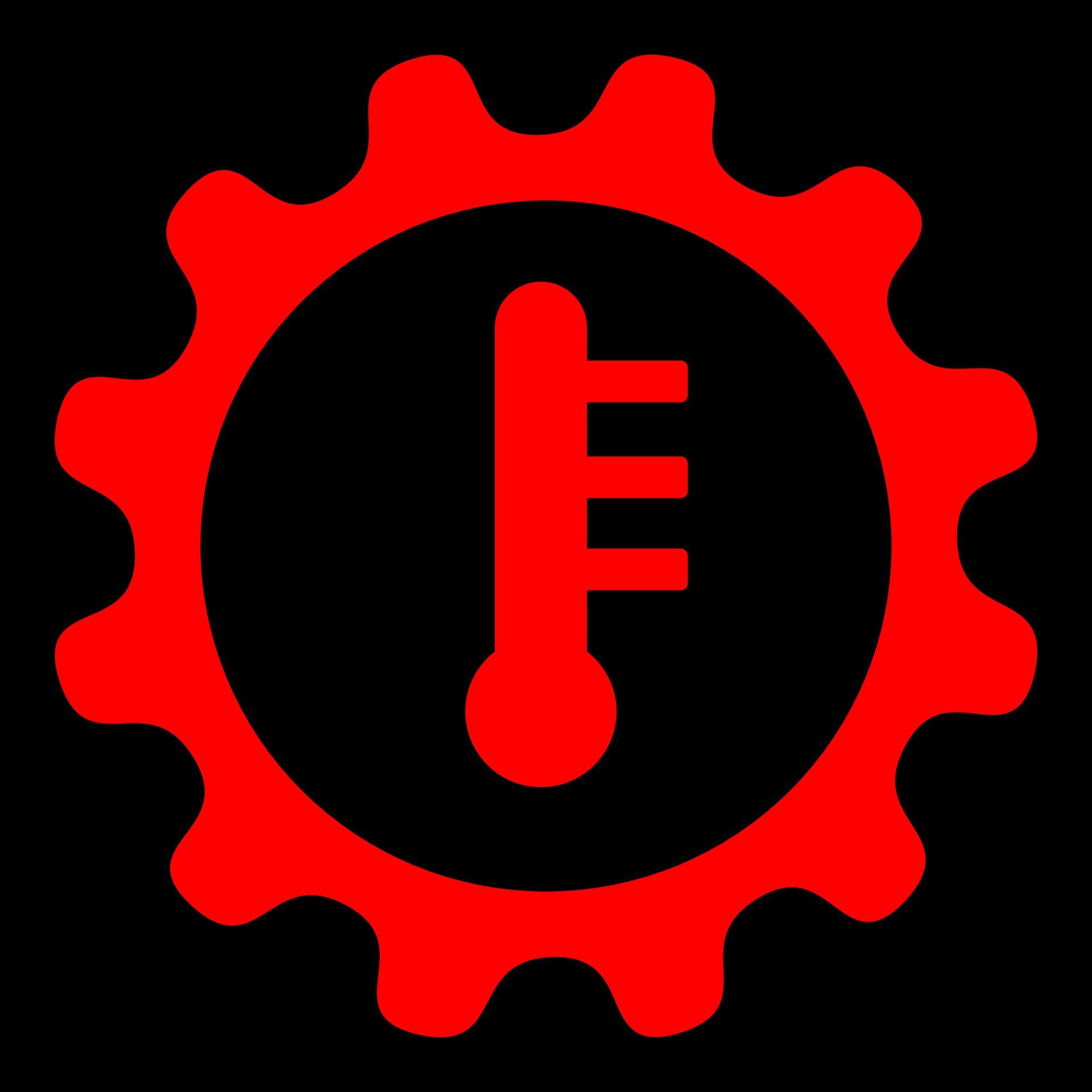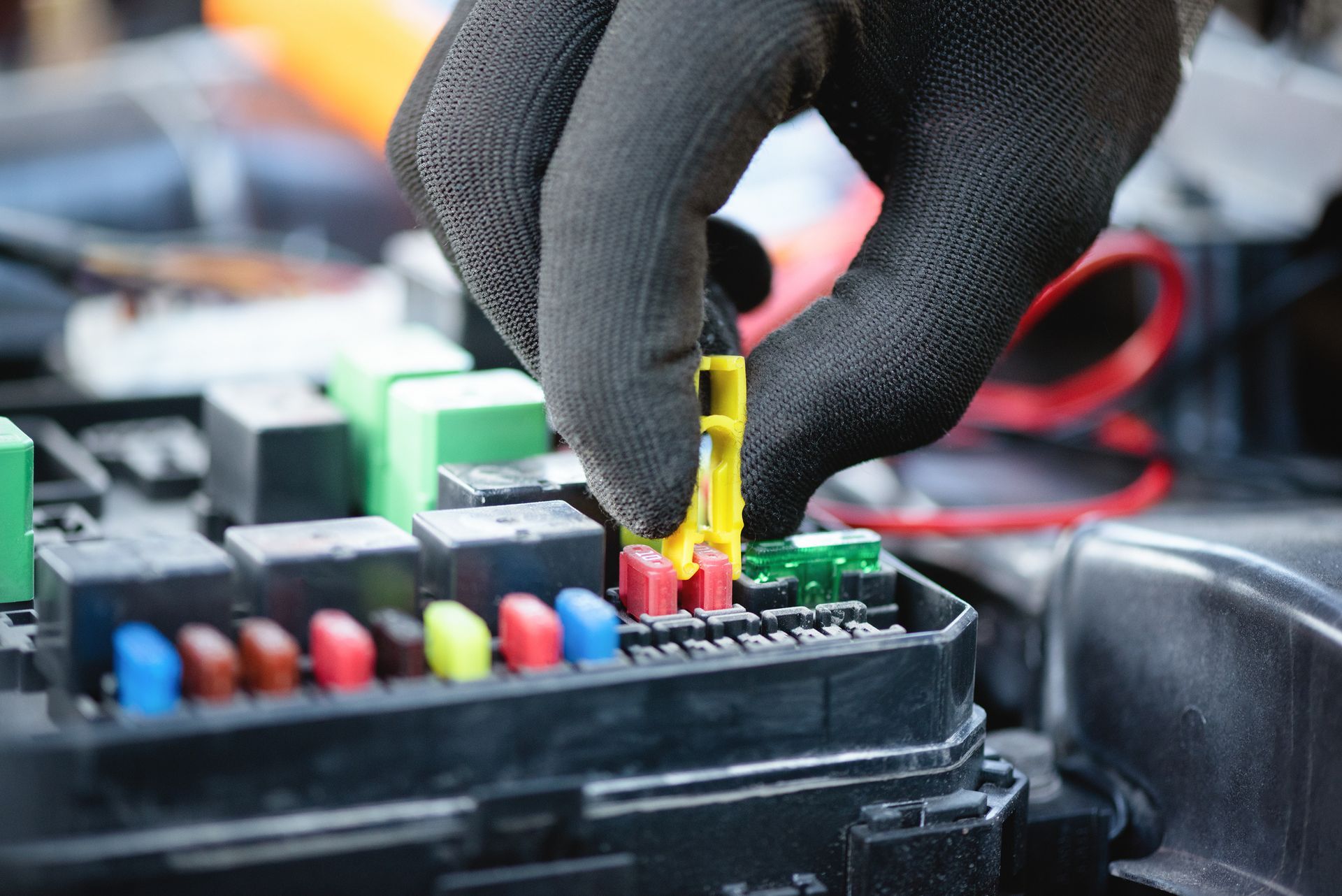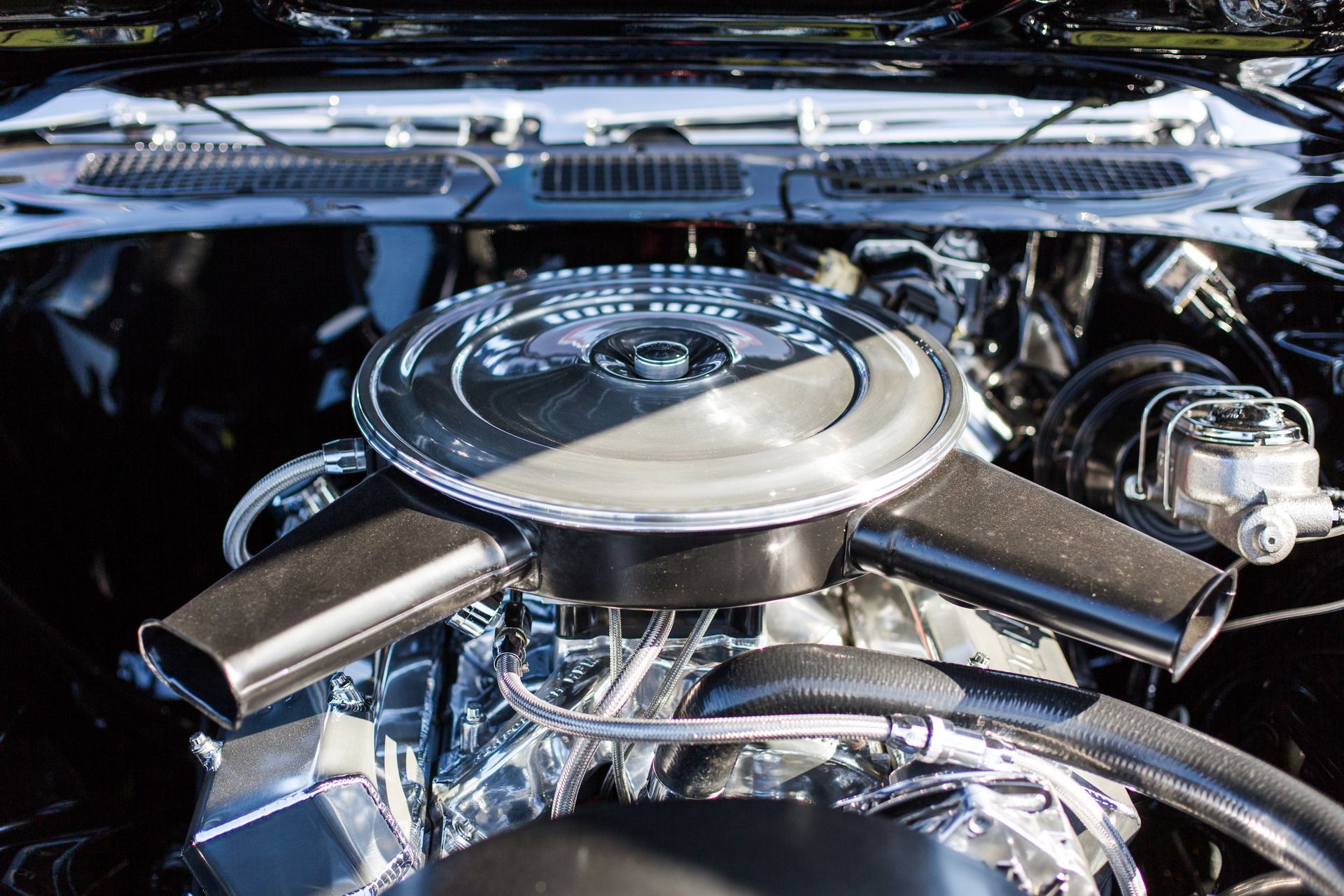Your brakes are one of the most important safety systems in your vehicle, and they have a way of telling you when something isn’t right. While they may start off silent and smooth, changes in sound, feel, or performance can signal developing problems. Learning to recognize these signs early can help you avoid costly repairs and keep your car safe on the road.
What The Brake Sounds Are Telling you
Brakes work by creating friction between the brake pads and rotors, slowing down the wheels. Over time, components wear down or become damaged, altering the sound of your brakes. Those changes aren’t just annoying—they’re often warnings that your braking system needs attention.
Common Brake Noises and Their Meanings
Light Squealing
A high-pitched squeal when you press the brake pedal usually points to worn brake pads. Most pads have built-in wear indicators that make a squealing noise to alert you before the pad material is completely gone. If caught early, replacing the pads is straightforward and prevents rotor damage.
Grinding Sounds
Grinding noises often mean the brake pads have worn down completely, allowing the metal backing plate to scrape against the rotor. This not only reduces stopping power but also damages the rotor’s surface, leading to more expensive repairs.
Clicking or Rattling
Loose brake hardware can create a clicking or rattling sound when braking. This might happen if retaining clips, caliper bolts, or other components have worn out or worked themselves loose.
Pulsing and Vibrations
If your brake pedal pulses or vibrates when stopping, it may be due to warped rotors. Heat buildup from hard braking or worn pads can cause uneven rotor surfaces, which lead to inconsistent braking.
How Driving Habits Affect Brake Wear
Driving style plays a big role in brake lifespan. Constant hard braking, riding the brakes down long hills, or driving in heavy stop-and-go traffic can wear pads and rotors faster. Anticipating stops and braking gradually can extend the life of your braking system.
The Role of Weather and Road Conditions
Moisture, road salt, and debris can all affect your brakes. For example, after driving through water, temporary squeaking might occur as moisture evaporates. In winter, salt can cause rust buildup on rotors, which sometimes leads to uneven braking.
Why You Shouldn’t Ignore Changes in Braking
Delaying brake repairs can put your safety at risk and increase repair costs. What starts as a simple pad replacement can escalate into rotor resurfacing or replacement, caliper repairs, and more if left unchecked.
Routine Maintenance Keeps Brakes Quiet and Effective
Regular brake inspections help catch wear and damage early. This usually involves measuring pad thickness, checking rotor condition, and ensuring all hardware is secure. Technicians also inspect the braking system for fluid leaks, which can reduce stopping power.
Keep Your Brakes Safe With Wagamon Brothers in Columbia Heights, MN
If your brakes have gone from silent to squealing or are making any other unusual noises, it’s time to have them checked. At Wagamon Brothers in Columbia Heights, MN, we provide expert brake inspections, pad and rotor replacements, and full brake system repairs.
Don’t wait for a small sound to become a major problem—schedule your brake service today and drive with confidence.

